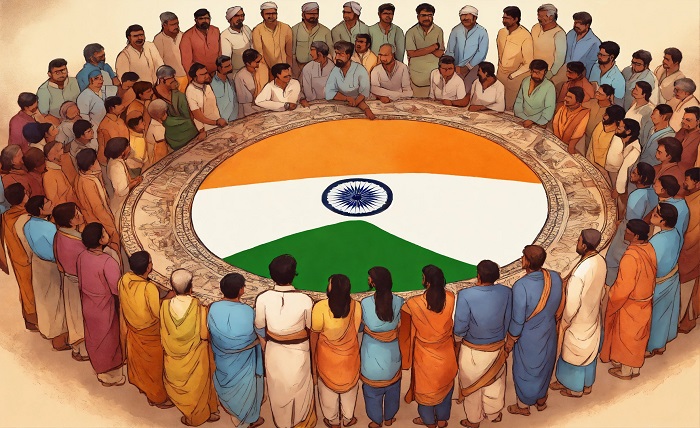Enhancing Accountability: India’s Move to Form Grievance Appeal Committees for Social Media

In a significant development aimed at addressing the concerns of social media users, the Indian government has announced the formation of three grievance appeal committees. These committees are set to provide a structured platform for users to appeal against the decisions made by social media platforms regarding their complaints. This blog post delves into the details of this initiative and its implications for social media governance.
Introduction to Grievance Appeal Committees
Background
The decision to form grievance appeal committees comes in the wake of strengthened IT rules in October, which laid the groundwork for the establishment of these panels. The move reflects the government’s commitment to ensuring that users’ grievances about content and other matters are not ignored.
The Role of the Committees
The committees will have the authority to review content moderation decisions made by social media companies like Meta and Twitter. They can overrule the big tech firms’ decisions on takedowns or blocking requests, providing a check against what the government perceives as a “casual” and “tokenistic” approach towards user complaints.
Structure and Functioning
Composition
Each of the three grievance appellate panels will handle different types of appeals based on categories of harmful content outlined in the recently amended IT rules.
Types of Appeals
The appeals could revolve around complaints regarding sexually explicit content, misinformation, or religious incitement, among other issues.
Redirecting Appeals
Appeals that fall outside the listed categories in the amended IT rules will be directed to the relevant authority or tribunal. In such cases, the committees will act as a signpost, redirecting the complaints while informing the complainant.
Implications for Social Media Platforms
Increased Scrutiny
Social media companies will face increased scrutiny over their content moderation decisions, with the committees serving as an oversight mechanism.
Potential for Overruling Decisions
The power of the committees to overrule decisions could lead to significant changes in how content is moderated on social media platforms.
Consultation Process
rajkotupdates Consultations on the various modalities of the panels are set to start soon, with stakeholder input being a crucial part of the process.
Conclusion
The formation of grievance appeal committees is a landmark step towards enhancing the accountability of social media platforms in India. By providing users with a formal avenue to challenge content moderation decisions, the government aims to create a more balanced and fair digital space.
FAQ
Q: When will the grievance appeal committees start functioning? A: The consultations on the modalities of the panels are expected to begin soon, with the committees likely to be operational shortly thereafter.
Q: Can these committees impact the operations of global social media companies? A: Yes, the committees have the potential to influence how global social media companies address user complaints and moderate content in India.
Q: What kind of complaints can be brought to these committees? The committees will handle appeals related to categories of harmful content such as sexually explicit material, misinformation, and religious incitement.
Q: Will the committees replace the existing grievance redressal mechanisms on social media platforms? No, the committees are meant to serve as an appellate body for users who are dissatisfied with the redress provided by the social media platforms.







